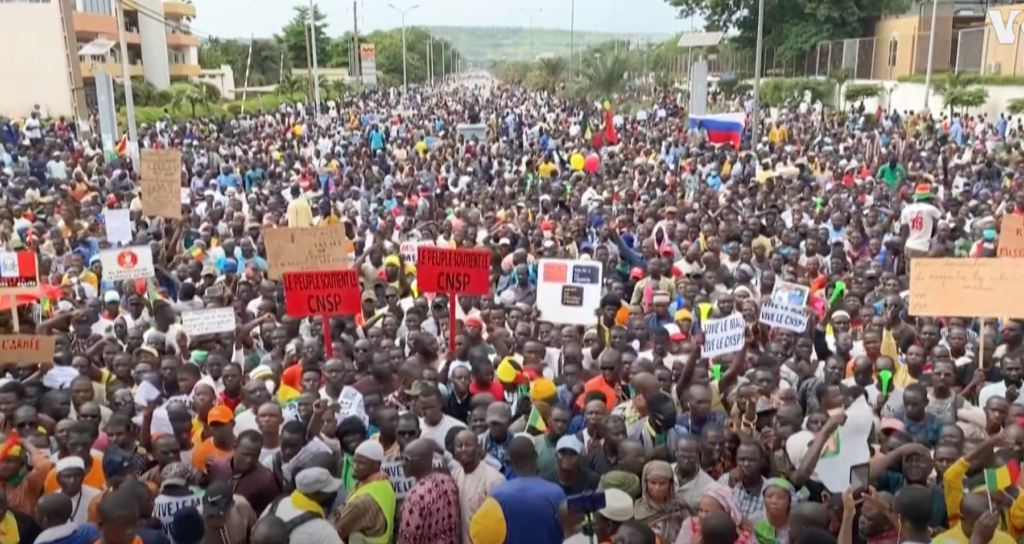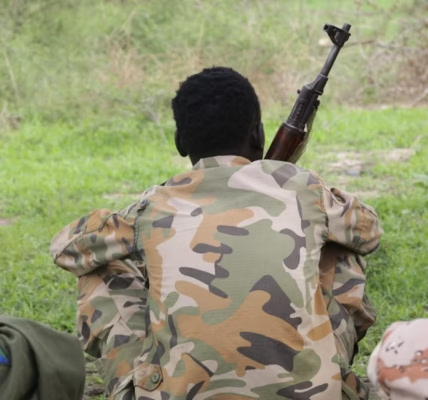
After years of relative dormancy, military coups have made a troubling comeback in Africa, threatening stability and development across the continent. Over the past four years, Africa has witnessed nine successful coups alongside seven additional attempts, signalling a resurgence of military rule in the region. Nowhere has this trend been more pronounced than in the Sahel, where nations like Mali, Niger, and Burkina Faso have experienced repeated power seizures. In West Africa, these military takeovers have upended the geopolitical landscape.
According to Professor Samuel Fury Childs Daly of Chicago University, the shift is pushing traditional powers like France and the United States out of the region while drawing nations closer to Russia and paramilitary groups like Wagner to fill the security void. In an interview with National Security News, Prof. Daly expressed concern that the military regimes he studied as relics of the 1980s are once again becoming reality. He warned that history has proven repeatedly that the “soldiers paradise” that these regime promise will fade quickly.
Foreign intervention does not fully explain the recent military coups in Africa
Prof Daly said that it would be easy to blame the meddling of outsiders, whether it be France or the United States in the past. “Today, people might be more likely to point to the Russian Federation, but that only gives a partial part of the picture,” he said.
“What actually explains the efflorescence of coups in West Africa over the last few years is that there is a deep structural set of conditions in West African countries that have made militarism attractive as a form of governance, and that’s also not a new thing. Military administration has been a part of African politics for a very long time.”
He emphasised that this is an old dynamic in African politics, not merely the result of meddling by powerful outsiders, even though it might sometimes appear that way on the surface.
Why citizens in coup countries support military governments
“To the public, there is actually a lot that is attractive about militarism as a form of rule and as an ideology. If you’re living in a situation where it seems that things are chaotic, where it seems that there is a lot of crime, misconduct or corruption by government officials, or where the state seems to be falling apart at its edges—which is true in many of the Sahelian states—then militarism offers a remedy to all of that. It seems to offer a firm hand and a steady grip on the state,” according to Prof Daly.
He said that soldiers portray themselves as figures of law and order who promise independence that is both secure and free, an image that appeals to many citizens in Africa.
“Some of the people who come out into the streets in support of military regimes are there because they want to be there—not because they’ve been bought off or hoodwinked into coming to a protest or demonstration. I think there is a fair amount of genuine goodwill towards military regimes.”
Soldiers paradise will fade, but the regime won’t
Prof Daly predicts that the goodwill will fade, “because in the present, as in the past, military regimes are not actually good at delivering security and order or better at keeping the streets clean.” He argued that whatever goodwill African publics currently feel towards military administrations “will fade pretty quickly, but that does not mean the regimes themselves will fade quickly.”
History, he explained, has repeatedly proven that the “soldier’s paradise” promised by these regimes is an empty one, bringing little benefit to the continent’s people.


























































































































































































































































































